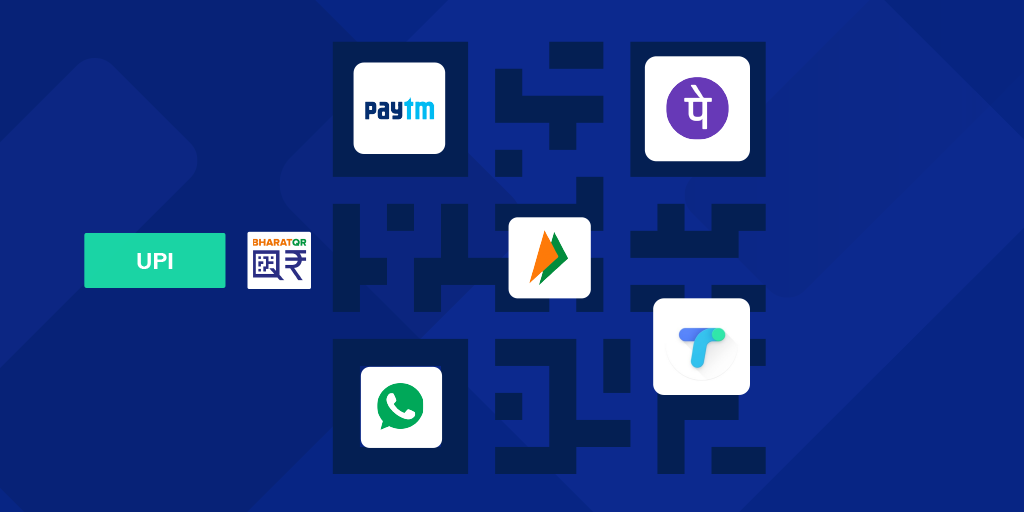Do you need to pay charges on your UPI payments?
Understand the changes suggested by NCPI related to UPI
👋 Hi, this is Venkat and here with a free, full issue of the The The Quantified India Newsletter. In every issue, I cover topics in a simpler terms in areas related to Money/taxation/Economy?Investing etc. Please do subscribe to get notified and no spam from us.
If you are new here feel free to read the older article .
NPCI allows PPI wallets to be part of interoperable UPI ecosystem.
If you are using the UPI you need to be aware that you can make payments via bank account to bank account-based UPI payments .
Okay.. So What's changes now?👇
The National Payments Corporation of India (NPCI) has announced that prepaid payment instruments (PPIs) will now be part of the interoperable UPI ecosystem.
The new guidelines, set to come into effect from April 1st, will also levy a 1.1% charge on unified payment interface (UPI) transactions above ₹2,000 while using PPI.
So in this case, Consider you went to a shop and decided to buy a nice watch which cost around ₹2500 and you decide to pay via UPI backed by paytm wallet(since you had some balance left on the wallet).💰
In this case, if you are going to pay via wallet backed UPI instead of your bank you will be charged 1.1% on payment above ₹2000.
What is PPI?
PPIs are instruments used to facilitate the purchase of goods and services, including financial services, remittances, and fund transfers to family and friends.
They can come in the form of payment wallets, smart cards, magnetic chips, vouchers, mobile wallets, etc., and are represented by the value that has already been paid for by the holder or the instrument.
What does this mean for you? will you be charged for all transactions made via UPI ?
The answer is no.. NPCI has clarified that there will be no charge for bank account to bank account-based UPI payments or normal UPI payments.
However, interchange charges are only applicable for PPI merchant transactions, and there will be no charge to customers.
With this addition to UPI, customers will have the choice of using any bank account, RuPay Credit card, and prepaid wallets on UPI-enabled apps.
The new guidelines not only drive fintech companies' revenue but also offer significant developments for UPI merchants.
Interoperability of KYC wallets eliminates the need for customers to carry multiple cards, reducing fraud and theft due to the exposure of card numbers.
It also opens up new use cases of payments, increasing payment alternatives for customers.
According to Akash Sinha, Co-founder & CEO of Cashfree Payments, "Interoperability will significantly ease collection for them since it will allow merchants to accept wallet payments regardless of the wallet being used by the customer."
if you like this edition feel free to share within your group




